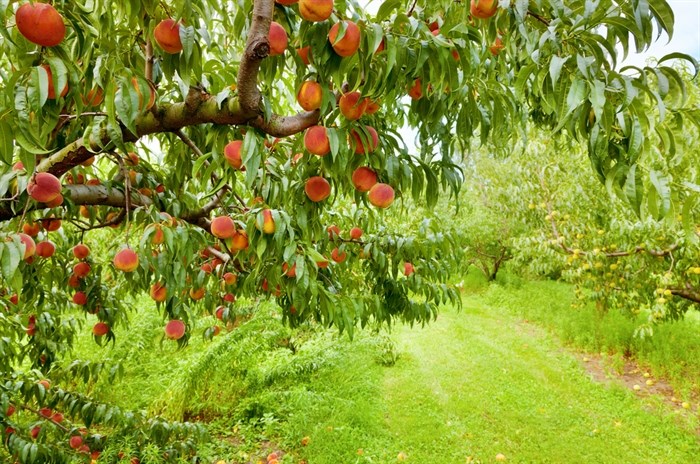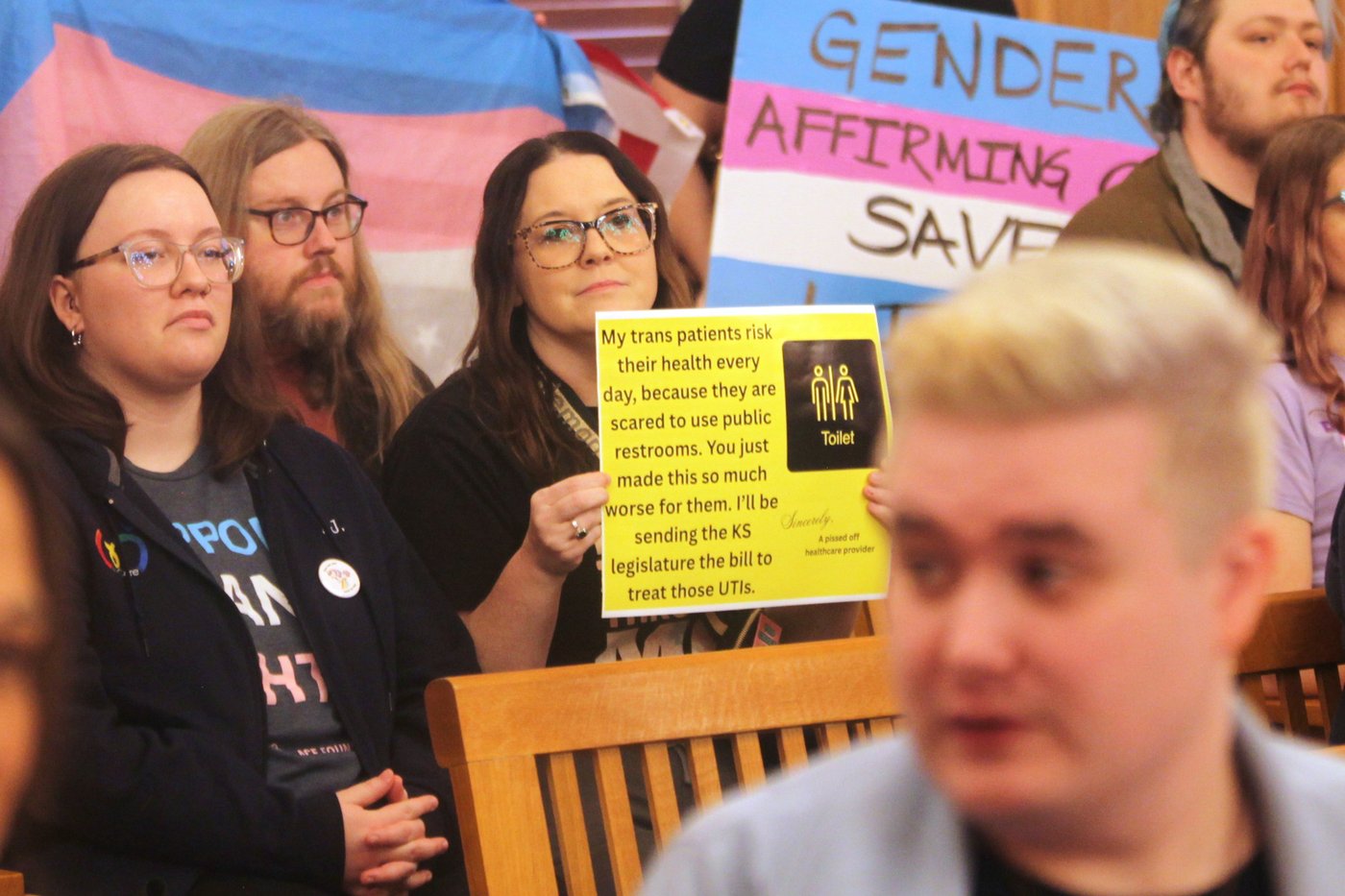BC Government lays out plan for devastated fruit, food producers

The BC Government can't say how much, if any money will be set aside specifically for fruit growers that sustained heavy losses for the third year in a row, but it's going to help them prepare for more wild changes in weather in the future.
A brief winter cold snap in January left wine-grape growers, cherry, peach and other stone fruits with huge losses for the year, and for many of them it was the third year in a row.
Harwinder Sandhu, MLA for Vernon-Monashee, called the money an investment.
“We are working hard to develop programs that will support our local growers and farmers; it will support innovation, climate resiliency, and production,” she told iNFOnews.ca
It’s not clear how much will actually go to the growers themselves. The Minister of Agriculture and Food, Alexis Pam, touted a crop renewal program to remove and replace vulnerable crops with heartier varieties.
"We are continuing to develop a plan and strategy, and in working with the growers, we're continuing to find ways to help, because we understand the economic importance of the farmers, but also that food security is an essential area of our government's focus," Sandhu says.
The government also urges growers to sign up for crop insurance plans. Grape producers claimed approximately $27 million in losses in 2023, following a deep and damaging freeze that year as well. Sandhu said her NDP government is in talks with the federal government to review the way the insurance programs work.
But Kelowna-Mission MLA Renee Merrifield says farmers can’t rely on insurance if it can’t keep up with the pace of drastic climate events.
"So far, farmers have been asking the agricultural ministry what they can expect, how they can be supported, and, right now, they're being given 'hope you had crop insurance,' but this is not just a one-year occurrence; they've had four seasons where it's been a really difficult ride," Merrifield says.
Crop insurance is based on the average of your last year, so might only cover a fraction, she says. If trees must be removed, that can take three or four years to recover while being covered for just one year.
"We're definitely trying to sound the alarm bells, but as an opposition, we unfortunately don't get to make the decisions, but we get to draw attention to where the government is failing and, right now, the government has not supported this industry in the way it needs to," Merrifield says.
"When you look at farming and the different climate change aspects, what we need is resilience, we need that climate change strategy that allows farming to handle the different swings they're encountering. We need the government to come up with a long-term strategy where we are investing in farming change and in farming innovation and progress and we're currently not seeing that, and the funding models are not being provided to the industry as they are required."
— This story was corrected at 3:54 p.m. Feb. 28, 2024. An earlier version suggesting $200 million would be spent helping the fruit industry was incorrect. That money is for agriculture across the province. We apologize for the error.
To contact a reporter for this story, email Gabrielle Adams or call (438) 830-1211 or email the editor. You can also submit photos, videos or news tips to the newsroom and be entered to win a monthly prize draw.
We welcome your comments and opinions on our stories but play nice. We won't censor or delete comments unless they contain off-topic statements or links, unnecessary vulgarity, false facts, spam or obviously fake profiles. If you have any concerns about what you see in comments, email the editor in the link above. SUBSCRIBE to our awesome newsletter here.


